The Nigerian naira appreciated significantly on Monday, closing at 1,339.33 per dollar in the official window.
This marks a 9.68% increase from Friday’s rate of 1,482.81 per dollar. According to data from the FMDQ, which oversees the Nigerian Autonomous Foreign Exchange Market, the daily turnover dropped to $180.80 million from $556.25 million on Friday, indicating a 67.50% decline.
Join our WhatsApp ChannelAt the official market, the naira traded at an intraday high of N1,501 and an intraday low of N1,310 to the dollar on Monday. However, in the black market, the naira experienced a slight depreciation, trading at N1,520, down 1.32% from N1,500 on Friday.
The Central Bank of Nigeria (CBN) Governor, Olayemi Cardoso, addressed these fluctuations during a post-Monetary Policy Committee meeting press briefing last Tuesday in Abuja. Cardoso explained, “Members further observed the recent volatility in the foreign exchange market, attributing this to seasonal demand, a reflection of the interplay between demand and supply freely functioning market system.”
The local currency closed flat against the dollar on Friday, ending the week marginally strong after weeks of weakening. This pattern, Cardoso noted, is due to seasonal fluctuations.
READ ALSO: Naira Gains In Parallel Market, Trade For N1,500/$1 As EFCC Cracks Down On Illegal Trading
Meanwhile, the demand for foreign exchange by individuals and companies for importation and other forex-related activities fell by 42% year-on-year. The latest data from the CBN shows that 19 sectors and services received a total of $21.12 billion in forex allocation in 2023. This figure represents a 41.9% decrease from the $29.98 billion disbursed in 2022, according to the quarterly statistics report by the CBN.
Forex allocation is the process by which the CBN distributes foreign exchange to various sectors of the economy, including individuals, businesses, and government agencies, based on specific criteria and priorities.
In June 2023, the CBN adopted a floating exchange rate system for the naira, unifying all forex market segments. This policy shift led to a notable depreciation of the domestic currency against the US dollar and other global currencies. The transition aimed to create a more transparent and efficient market but also brought about initial instability.
Economic analysts have mixed views on the recent performance of the naira. Some see the appreciation as a temporary effect of decreased demand for foreign exchange, while others believe it indicates a potential stabilization of the currency.
One trader, Musa Ahmed, shared his perspective: “The market has been very unpredictable lately. We see these sharp changes in rates, but it’s hard to say if this will last.” Ahmed’s sentiment reflects the uncertainty that many in the market feel about the naira’s future performance.
The reduction in forex allocation to various sectors also signals a broader economic adjustment. Businesses that rely heavily on imported goods and services may need to adapt to the new exchange rate regime and reduced availability of foreign currency.
Looking ahead, the CBN’s policies and market responses will play a crucial role in determining the stability and strength of the naira. Stakeholders are closely watching the developments, hoping for a balanced and sustainable approach to managing Nigeria’s foreign exchange market.
Emmanuel Ochayi is a journalist. He is a graduate of the University of Lagos, School of first choice and the nations pride. Emmanuel is keen on exploring writing angles in different areas, including Business, climate change, politics, Education, and others.

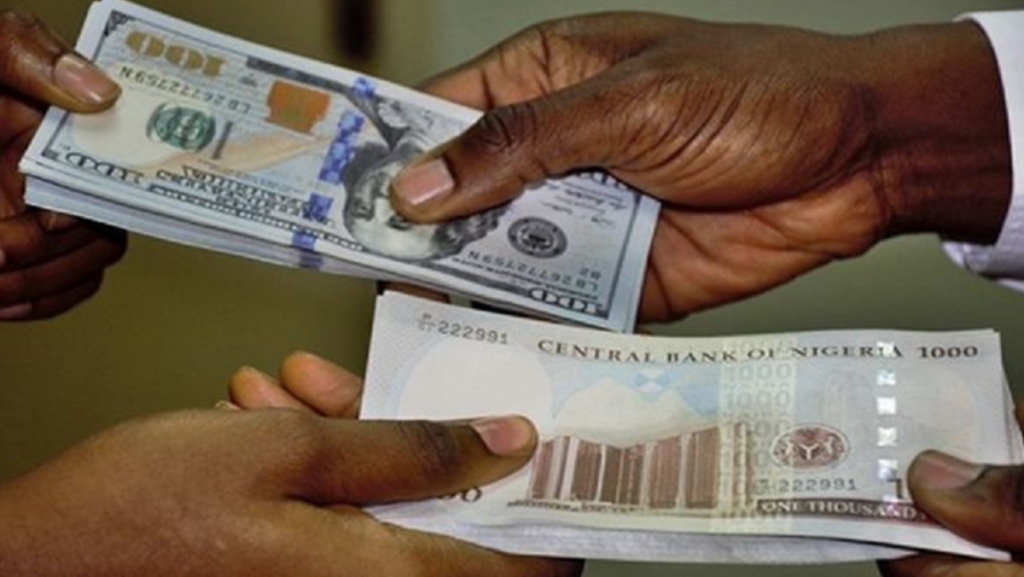



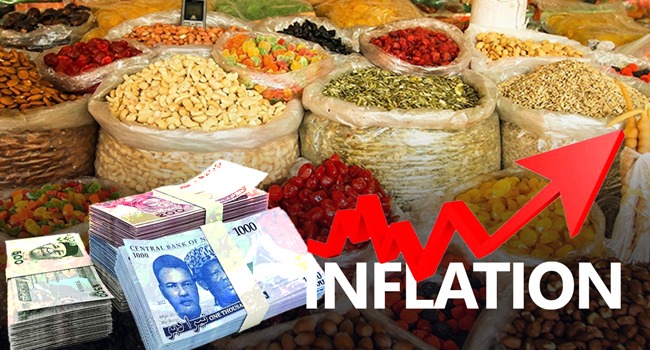

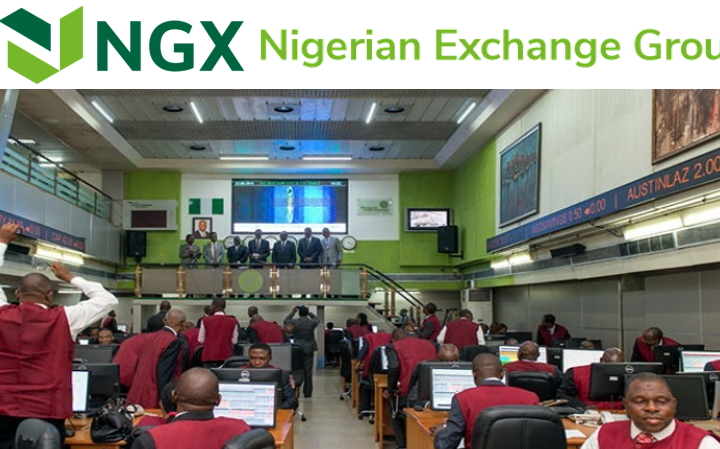
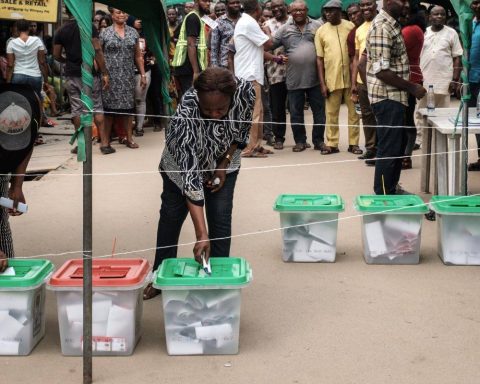
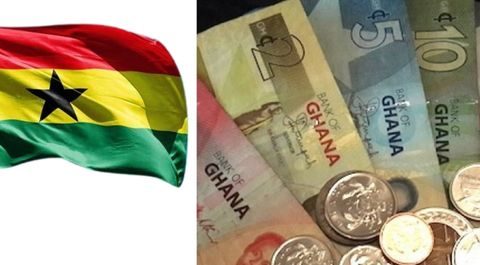
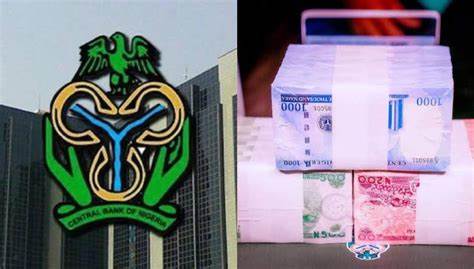






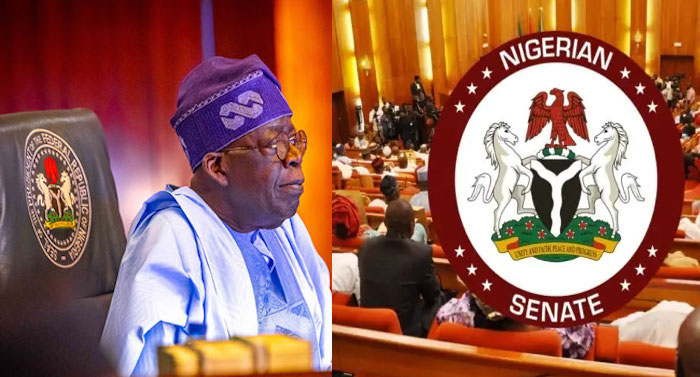
Follow Us